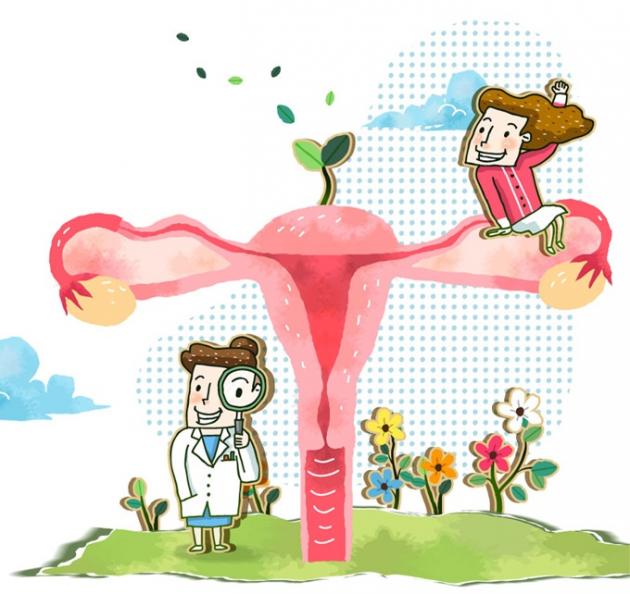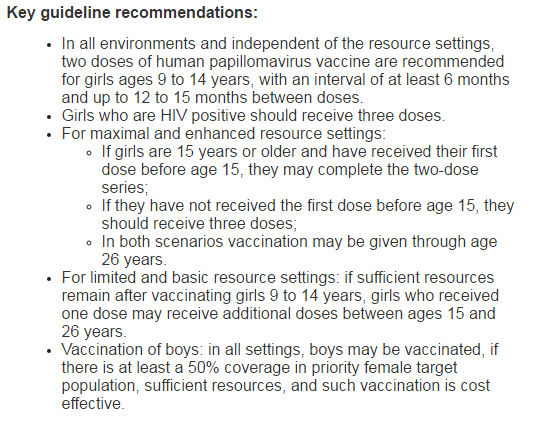The American Society of Clinical Oncology (ASCO) said Friday it has come up with a clinical practice guideline on human papilloma virus (HPV) vaccination for preventing cervical cancer.

“This is the first guideline on primary prevention of cervical cancer that is tailored to multiple regions of the world with different levels of socioeconomic and structural resource settings, offering evidence-based guidance to healthcare providers worldwide, said the Alexandria, Va.,-based organization.
Cervical cancer is the fourth most common cancer among women worldwide, with 85 percent of cervical cancer diagnoses and 87 percent deaths occurring in less developed regions such as Africa and Latin America, according to ASCO.
Cervical cancer is caused by a sexually transmitted disease called human papillomavirus, meaning that it can be prevented if people get HPV vaccinations early on, according to its press release.
"Although HPV vaccine has been around for more than a decade, the uptake of the vaccine has been less than ideal in many places, including in high-resource countries such as the United States," said Silvina Arrossi, a co-chair of the Expert Panel that developed the guideline.
The guidance provides specific recommendations according to four levels of resource settings: basic, limited, enhanced and maximal. The levels pertain to financial resources of a country or region, as well as the development of its health system - including personnel, infrastructure, and access to services, according to ASCO.
The key guideline recommendations include recommending vaccines at certain intervals for different age groups and dosage amounts for HIV- positive boys and girls. The guidelines also consider various social classes.

Silvia de Sanjosé, another co-chair of the panel, said, "This guideline is unique in offering cervical cancer vaccination recommendations that can be adapted to different resource levels, and we expect it to have a major impact on the global health community."

